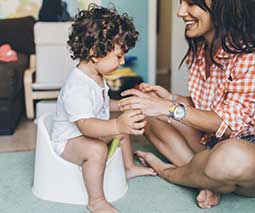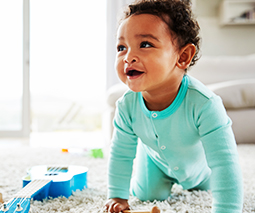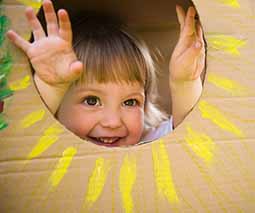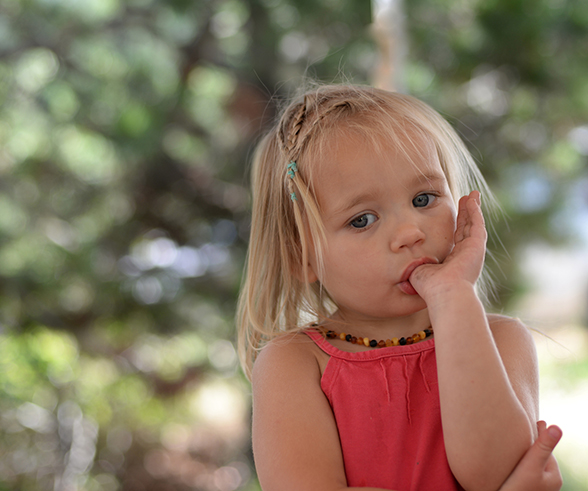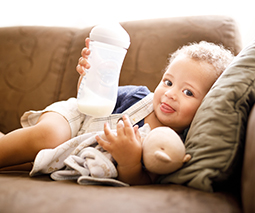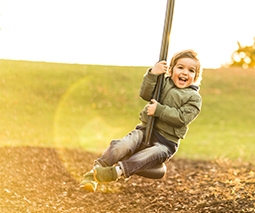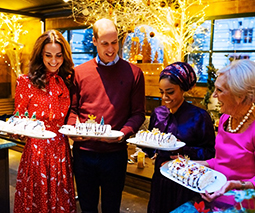“Our kids need us”: 3 simple things parents can do to raise happy kids
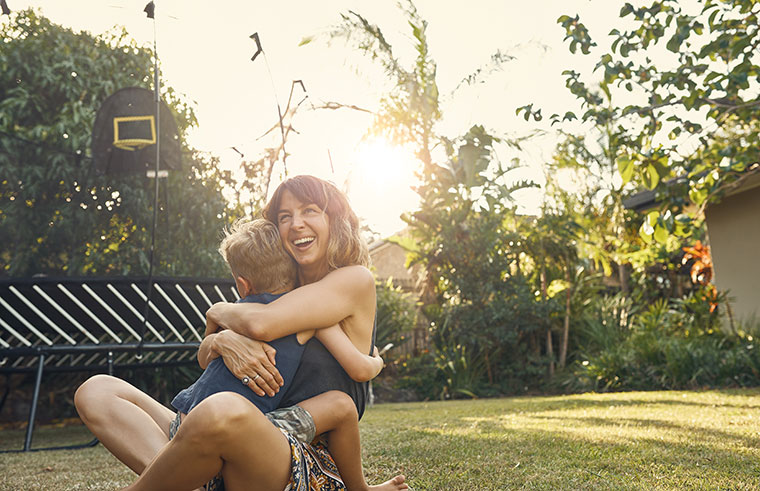
Resilience has become a bit of buzzword when raising children – and for a good reason.
Resilient children are better able to cope with the obstacles life throws at them, and they are less likely to suffer from mental health illnesses, like anxiety. The best part is, it’s a skill they can take with them into adulthood.
So how do we teach resilience to children?
Hugh Van Cuylenberg is the founder of The Resilience Project and author of his new book, The Resilience Project: Finding happiness through gratitude, empathy and mindfulness. He says building resilience requires three things, something he learnt from his time volunteering with children in northern India.
“We arrived at a village with no running water, no electricity, no bed and everyone sleeps on a dirt floor. I remember very clearly my first day in the school teaching these kids and just thinking to myself, ‘I have never seen joy like this in my entire life,’” says Hugh.
“And I couldn’t help but contrast it to my five-year teaching experience back in Australia where the kids had everything. Yet we had so many issues around anxiety and depression and not coping.”
Listen to Hugh Van Cuylenberg on Feed Play Love:
It wasn’t long before Hugh noticed a significant difference between his students back in Australia and the children in northern India.
“What I saw in this community where I was living was the kids stopped and practised three things every single day.”
Meanwhile, back in Australia, we’re more focused on numeracy, literacy and getting to the next extracurricular activity. And while they’re important, Hugh says, “We don’t stop and take time to practice things that are good for our mental health.”
So what are the three things Hugh’s students taught him?
3 things everyone should practice daily
1. Gratitude
Gratitude is a big one and involves being grateful for the things you already have.
“In countries like Australia, we live on the opposite model of happiness, which is, if this happens, then I will feel happy. So if I can buy this car, then I’d feel happy … Happiness doesn’t work like that. Happiness comes from paying attention to what you’ve already got,” explains Hugh.
In India, the kids would stop every day and point out something good.
“Things like shoes, you know, a kid tying up his shoelaces, saying, ‘Look at this’. Some of the kids didn’t have shoes. So the ones that did, tied them up saying, ‘Look how lucky I am. I’ve got shoes on my feet,’” says Hugh.
2. Empathy
“That’s when you feel what someone else feels. And that’s an important thing because the more empathetic you are, the more likely you are to act kindly,” says Hugh. And you can guess where he’s going with this. That’s right: being kind is an essential part of what makes us feel happy.
“Whenever you do something nice for someone, your brain releases a hormone that makes you feel happy and fulfilled. It’s called the love hormone because it makes you feel positive emotions such as love, joy and happiness,” says Hugh.
So go ahead, do something kind for someone. Everyone wins!
3. Mindfulness
Mindfulness isn’t about turning up to your weekly yoga class or remembering to mediate (although those things are very nice), it’s about living your life in the present.
“We’re not present,” says Hugh. “Apparently, we spend 49 percent of our day thinking about the future, and I think it’s around 25 percent thinking about the past. So we give ourselves 20 percent of the day where we’re thinking about what’s happening as it’s happening, and that’s really sad.”
Two things you can do starting today
Although every adult and child is different, there are two things parents can do today to help raise resilient kids.
“If I can say to adults. If I could say one thing: get off your phone because that is causing us so many issues right now,” says Hugh.
“Our kids need us. There’s nothing our kids want more than us. And they are not getting us at the moment because they look to us and we’re staring at a blank screen.”
Hugh’s next tip is about helping kids to practice gratitude.
At the end of the school day, instead of asking what happened, reframe this question and say, “Tell me three things that went well for you today.”
“If they give you three things that went well, it could be small things like eating some nice fruit at recess … What they’re doing is they’re practising gratitude,” says Hugh.
“We often scan the world for negatives. If they start to scan the world for positives, that makes them happier.”
